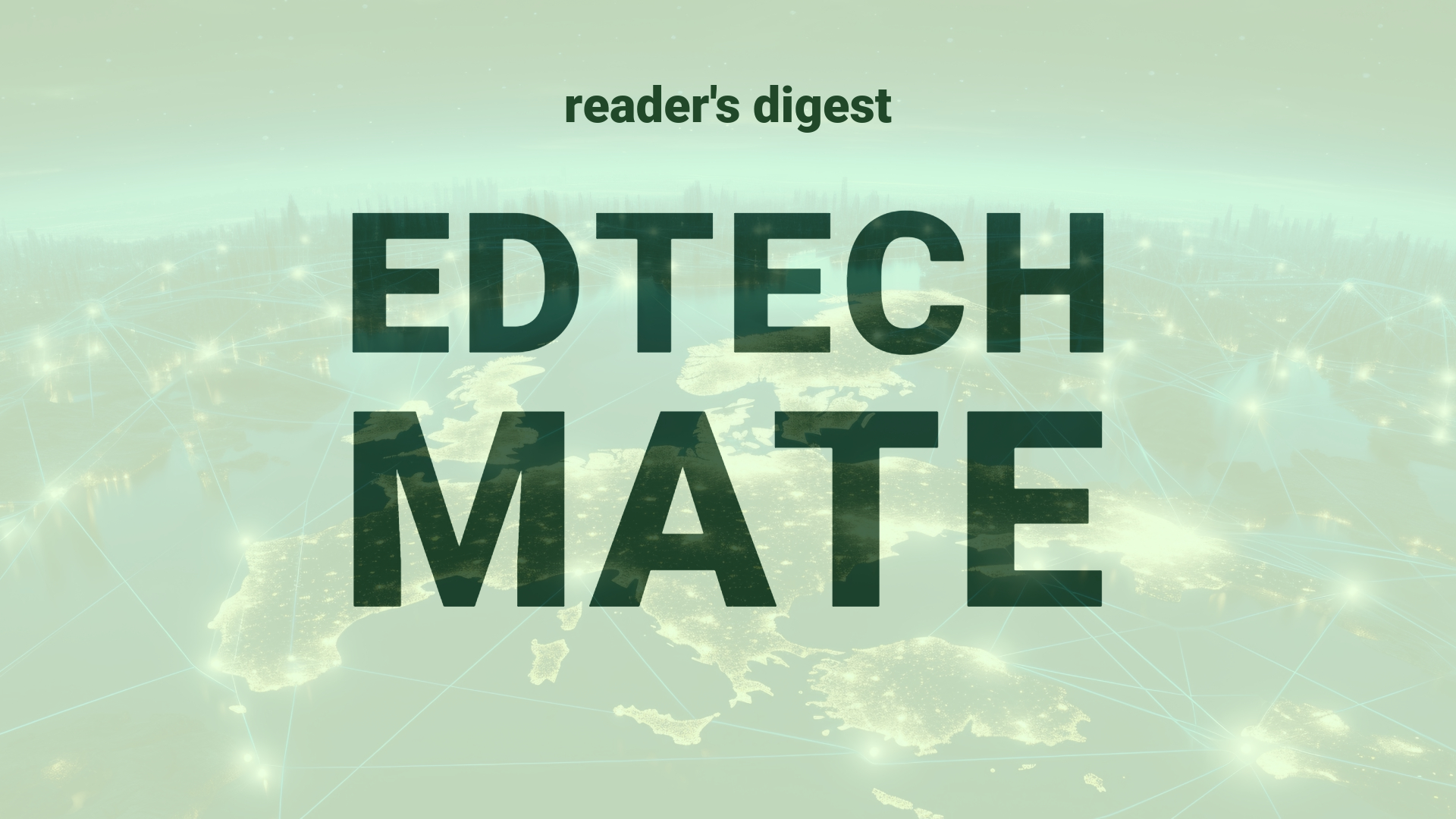Executive Summary and Main Points
The recent enhancements to Oracle Transportation Management and Oracle Global Trade Management, part of the Oracle Cloud Supply Chain and Manufacturing (SCM) suite, signify noteworthy advances in digital transformation within the international education sphere. The updates offer expanded business intelligence capabilities, advanced logistics network modelling, trade incentive programs, and upgrades to the mobile Transportation Management application. These updates integrate AI and machine learning models, facilitating quicker decision-making in global logistics amidst challenges like component shortages, disrupted routes, global trade volatility, and unpredictable customer demand.
Potential Impact in the Education Sector
In the context of Further Education and Higher Education, Oracle’s SCM suite advancements could foster strategic partnerships with educational institutions, promoting more efficient operational management and global collaboration. The deployment of AI and advanced analytics could elevate research capabilities and administrative proficiency. Additionally, the new logistics features might support international student services. The influence on Micro-credentials includes the potential for more robust data-driven insights into labor market trends, enabling institutions to tailor their offerings to emerging skills demands and streamline executive education programs with real-time trade and transport data.
Potential Applicability in the Education Sector
The innovative applications of Oracle’s updates within the global education systems could range from optimizing campus operations and international collaborations to predictive analytics for enrollment and talent acquisition. Educational institutions may utilize enhanced modelling capabilities for strategic planning, demographic studies, and resource allocation. With the aid of AI and ML, personalized learning trajectories and outcome predictions could be developed, promoting a more tailored and adaptive educational experience.
Criticism and Potential Shortfalls
Despite their potential, these technological advancements may encounter skepticism. Comparative international case studies should be explored to assess the effectiveness and scalability across different educational governance frameworks. Ethical considerations, such as data privacy, algorithmic bias, and digital equity, must be addressed to ensure the benefits of digital transformation are distributed fairly and without infringing on individual rights. Moreover, cultural implications need to be considered when implementing global logistics and trade software within diverse educational environments.
Actionable Recommendations
Educational leaders seeking to harness these technologies should initiate pilot projects to assess their impact on institutional operations and educational outcomes. Strategic planning should involve robust stakeholder engagement to ensure that digital solutions are tailored to the specific needs of the community. Investments in professional development for faculty and administrative staff on the use of AI and ML tools are essential. Finally, forming alliances with technology providers like Oracle could provide valuable insights and resources for implementing digital transformation strategies within the education sector.
Source article: https://www.cio.com/article/1307318/oracle-cloud-scm-gets-new-capabilities-to-help-manage-logistics.html

